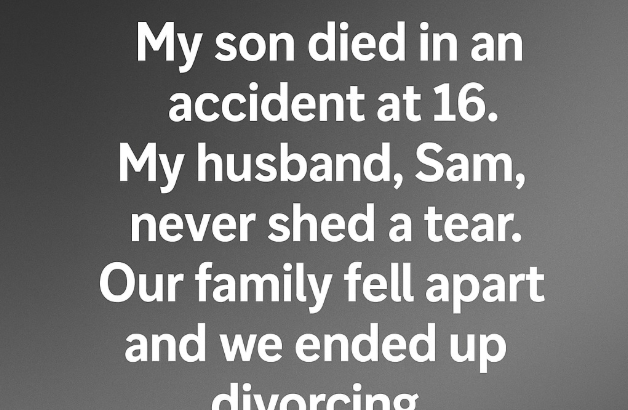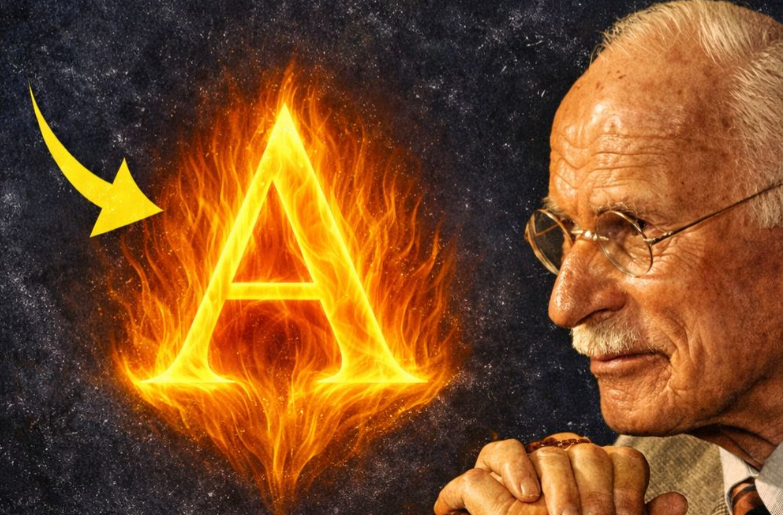When my son left this world at the age of sixteen, an earthquake seemed to rip through the foundation of my existence. Sorrow flooded every room of my heart, draining the vibrancy from ordinary days, muting laughter, and erasing parts of the woman I once recognized in the mirror. My husband, Sam, responded in a way that puzzled me deeply. Where tears soaked my pillows night after night, he withdrew into a stillness that felt almost impenetrable, wrapping his pain in layers I could not unravel. That stillness, over months and years, widened into a chasm so vast that tenderness could no longer find a bridge across it.
Our paths eventually parted, and time carried us to separate horizons. Sam married again and built a new home filled with fresh beginnings, while I gathered the scattered pieces of my own life and learned, slowly, how to stand among them. I harbored no bitterness toward him—only a gentle wish that he had discovered the calm we once searched for together. Twelve years slipped by, and then came the quiet phone call telling me Sam had slipped away in the night, peacefully, without warning. A tide of memories rose inside me, carrying questions I thought had long been buried.
A few weeks after the memorial, his wife, Emily, reached out with a message that surprised me. She asked whether we might sit together for coffee, somewhere quiet. When she arrived, warmth radiated from her—her voice soft as falling leaves, her eyes holding a knowing kindness that put me at ease. She carried a small package wrapped in brown paper and told me Sam had asked her, many times, to make sure it reached my hands one day. We ordered tea and let the steam rise between us before she spoke again.
She explained that Sam had loved our boy with a fierce, unspoken intensity. The loss had cracked something essential inside him, and the calm I once mistook for detachment was actually the fragile armor he wore to keep from shattering completely. Men sometimes hide their storms behind silence, she said, especially when they believe breaking would only add weight to those already drowning. Then she slid the package across the table.
Inside lay a leather-bound notebook, edges soft from years of handling. Sam’s handwriting filled the pages—letters addressed to our son on birthdays that came and went without him, thoughts written in the dark when sleep refused to come, confessions of guilt for not crying the way I did, apologies for building walls instead of holding my hand. There were descriptions of dreams where he saw our boy running ahead on a sunlit path, and promises that he carried him in every heartbeat. Page after page revealed a father who never stopped speaking to his child, even when no one else could hear.
As I turned those pages, something heavy inside my chest began to lift. Tears came again, but they tasted different—cleaner, lighter. For the first time, I saw the full shape of Sam’s love, hidden beneath the quiet exterior I once judged too harshly. Grief wears countless faces, I realized; some scream into the night, others whisper into journals at 3 a.m., but both can flow from the same deep well of devotion.
Emily sat with me while I read, refilling my cup without being asked, offering tissues and silence in perfect measure. When I finally closed the notebook, the café around us felt brighter, as though sunlight had decided to return after a long absence. I understood then that healing sometimes arrives in unexpected packages, delivered by gentle hands that once belonged to strangers.
That afternoon changed the way I remember both of them—my son and the man who loved him in his own hidden way. The notebook now rests on my bedside table, its pages no longer a secret. On difficult nights, I open it and read Sam’s words aloud, letting his voice travel across the years to meet mine. And in those moments, the three of us sit together again, connected by love that refused to die even when bodies and marriages did.
Grief remains a lifelong companion, yet it has learned to walk beside me rather than drag me down. I carry Sam’s notebook the way he carried our son—close to my heart, proof that love can endure in silence, in distance, in handwritten lines on worn paper. Some stories end in tears, but others, like this one, end in understanding, and that understanding feels very much like peace.







